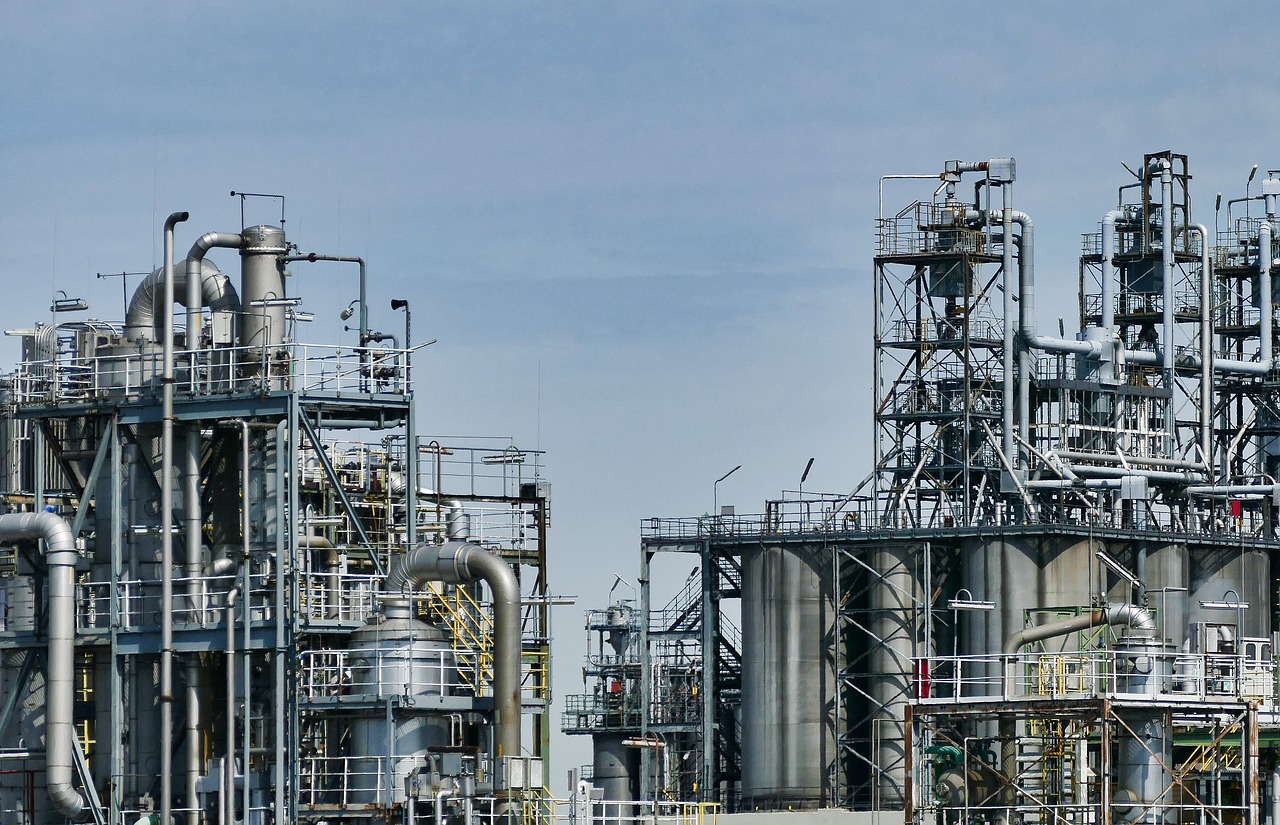"Iran has reduced oil production to its lowest level in four decades, since storage tanks and storage vessels are almost full due to declining exports and lower oil refining levels, which was caused by the coronavirus pandemic," the agency writes.
The agency’s calculations show that oil production in the country amounted to only 1.9 million barrels per day in June, which is about half of the level of production in Iran in 2018 and the lowest level since 1981. Along with production, oil refining also declined. According to the agency with reference to FGE, oil refining in May fell to 1.4 million barrels per day from 1.5 million barrels per day in April, in February the figure was 1.8 million barrels per day.
According to Kpler, which the agency also cites, Iran’s oil exports amounted to about 100 thousand barrels per day in May and 237 thousand barrels per day in June, which is significantly less than April 2018 supplies of more than 2.5 million barrels per day.
As a result, Iran’s onshore oil reserves rose in April to 54 million barrels from 15 million in January and reached 63 million barrels in June, the agency writes citing FGE Energy. According to Kpler, stocks in June reached approximately 66 million. The agency notes that this is almost 85% of the available land storage facilities. At the same time, Refinitiv reports that up to 56.4 million barrels are stored on tankers as of July 3, the agency notes.
In 2018, the United States unilaterally withdrew from an agreement with Iran on a nuclear program and reintroduced sanctions against Tehran, including secondary ones, that is, in relation to other countries doing business with Iran. Washington announced its goal of bringing Iranian oil exports to zero and urged its buyers to abandon such purchases.
source: reuters.com
The agency’s calculations show that oil production in the country amounted to only 1.9 million barrels per day in June, which is about half of the level of production in Iran in 2018 and the lowest level since 1981. Along with production, oil refining also declined. According to the agency with reference to FGE, oil refining in May fell to 1.4 million barrels per day from 1.5 million barrels per day in April, in February the figure was 1.8 million barrels per day.
According to Kpler, which the agency also cites, Iran’s oil exports amounted to about 100 thousand barrels per day in May and 237 thousand barrels per day in June, which is significantly less than April 2018 supplies of more than 2.5 million barrels per day.
As a result, Iran’s onshore oil reserves rose in April to 54 million barrels from 15 million in January and reached 63 million barrels in June, the agency writes citing FGE Energy. According to Kpler, stocks in June reached approximately 66 million. The agency notes that this is almost 85% of the available land storage facilities. At the same time, Refinitiv reports that up to 56.4 million barrels are stored on tankers as of July 3, the agency notes.
In 2018, the United States unilaterally withdrew from an agreement with Iran on a nuclear program and reintroduced sanctions against Tehran, including secondary ones, that is, in relation to other countries doing business with Iran. Washington announced its goal of bringing Iranian oil exports to zero and urged its buyers to abandon such purchases.
source: reuters.com





